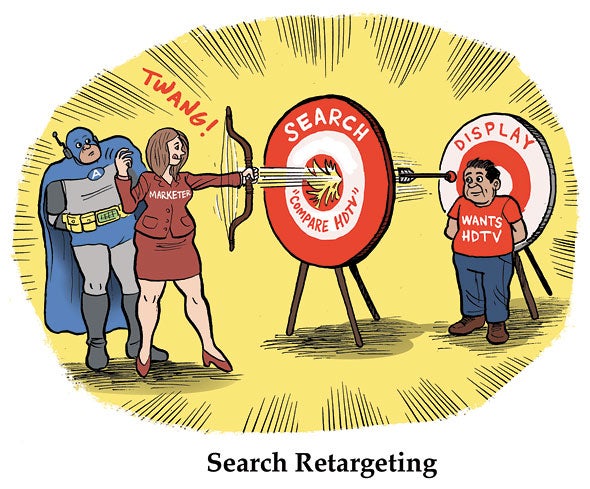Retail media may be hot right now – but retail search is a bit of a hot mess.
Brands bid against themselves, retailers bid against brands they carry, and sometimes a product search for one item leads to a purchase – but not of the product itself.
One retail search startup, Symbiosys, which launched last year, is trying to clean up the clutter with an idea it calls collaborative bidding. The approach allows for increased sharing of budget costs and KPIs between a retailer and product brand.
This week, Symbiosys announced the close of a $9 million Series A round led by the VC firm Fuse, with participation from individual investors, including Jonathan Opdyke, co-founder and CEO of HookLogic, which was acquired by Criteo in 2016, and Patrick Miller, co-founder and president of Flywheel Digital, itself snapped up by Omnicom for a cool $835 million in October.
Supply then demand
Symbiosys comes with a pedigree on the demand side.
But getting advertisers is the easy part.
“The first step is always getting the retailer on board,” founder and CEO Bashar Kachachi told AdExchanger.
There are pros and cons to the position symbiosys has staked for itself within the retailer’s ad tech system.
On the plus side, it’s whitelisted, which retailers prefer since it’s presents a clean in-house campaign. Agency buyers prefer it, too, because the software isn’t claiming credit for sales to the brand.
“We’re a very behind-the-scenes type of technology partner,” Kachachi said.
On the other hand, Symbiosys is limited by how fast retailers themselves can increase their sophistication and investments in online ad businesses. Although the startup can train retailers on how to sell the idea of collaborative bidding to their advertisers “generally, the retailers are the ones that are leading,” Kachachi said.
The new collabo
Collaborative bidding allows retailers and brands to share different objectives while co-funding a search or social ad bid.
Consider Bose and Best Buy.
Bose may have its own reasons to drive traffic to Best Buy. Perhaps a deal with the retailer means higher profit margins on a particular line of headphones, or it could have a strategic marketing objective to target new customers, and Best Buy can identify some.
Best Buy, on the flip side, could also have its reasons to support a Bose search or social ad campaign. In addition to generating site traffic, Best Buy may know that, say, speaker product research searches lead to disproportionately large baskets or sign-ups to its credit card program.
The value and rationale can be very different for a retailer versus a brand, but the impetus is the same.
“And the contribution and the bidding mechanics should be based on each party’s respective goals and what they’re getting out of it,” Kachachi said.
Expansion plans
Symbiosys has between 20 and 30 full-time employees, but plans to expand with the new funding.
The company will remain focused on search and social. Both are massive channels, yet retailers haven’t been able to support brands through collaborative bidding structures in search and social previously. They’ve only competed for the same customer demand.
This year should also bring a tailwind with the deprecation of third-party cookies, Kachachi said.
Retail media is “maybe the most resilient” ad type due to the sunset of third-party cookies, he said.
Even large CPG brands have relatively limited first-party data of their own. Procter & Gamble, for instance, doesn’t have a massive identity graph it can match to web audiences – but retailers do. By centralizing their campaigns within the retail ad platform, CPGs can piggyback on retailer identity graphs.
Balancing the goals of brand marketers and retail media publishers can be difficult, or even at odds sometimes, Kachachi said. “That’s where the special sauce comes in.”














